As something of a bookworm, I’ve made it my mission to work through lists of “must read books before you die.” My shelves are filled with recommendations and epic tales, some of which truly do live up to hefty expectations.
Admittedly, not all of them do, but that’s entirely down to personal tastes. While I’m not entirely a fan of Emily Brontë or Jane Austen, I’m able to see why some more romantically attuned people may love her regency tales. I tend to lean towards books that will provide a lesson, something to think about long after you’ve finished reading the last page.
Whether you’ve got an established bucket list of books to read before you take your last breath and want to add to it, or you want to set one up as part of a New Year’s resolution for 2025, here are 10 books that I truly believe everybody should read at least once.
Animal Farm by George Orwell
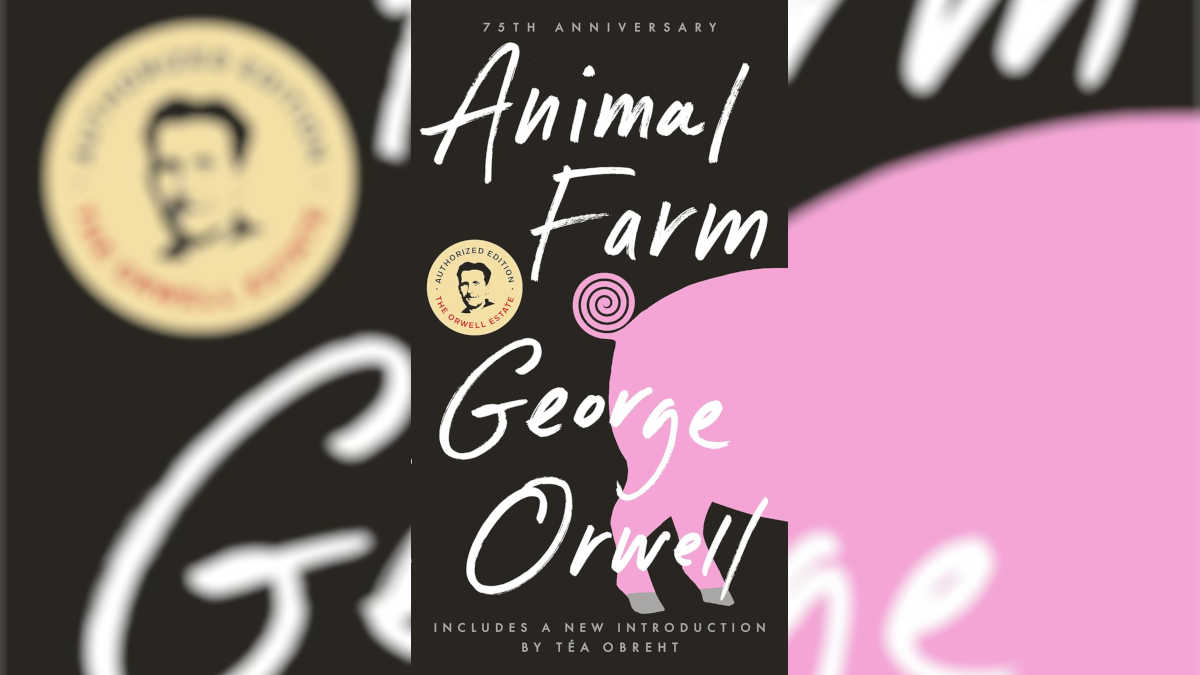 Image by Destructoid
Image by DestructoidAnimal Farm is a weird book at first glance, formed into a ‘beast fable’ and told from the viewpoint of a group of animals who rebel against their farmer. Orwell is known for tackling heavy subjects, and the moral of Animal Farm is one of rebellion, revolution, and the power for things to change if only people were brave enough to take action.
But it also bears a warning that there is also the possibility for things to end up worse than they were initially. To quote Lord Acton, “power tends to corrupt, and absolute power corrupts absolutely.” When the animal rebellion is betrayed, they end up in a dictatorship ruled over by a pig named Napoleon.
Orwell confirmed before his death that the events in Animal Farm were heavily inspired by those that led to the Russian Revolution in 1917 and ended up with Stalin at the helm as the Soviet Union was established. Definitely worth reading, and it is a tale that will stay with you for as long as your brain is capable of remembering.
The Lord of the Rings (and The Hobbit, while you’re at it) by J.R.R. Tolkien
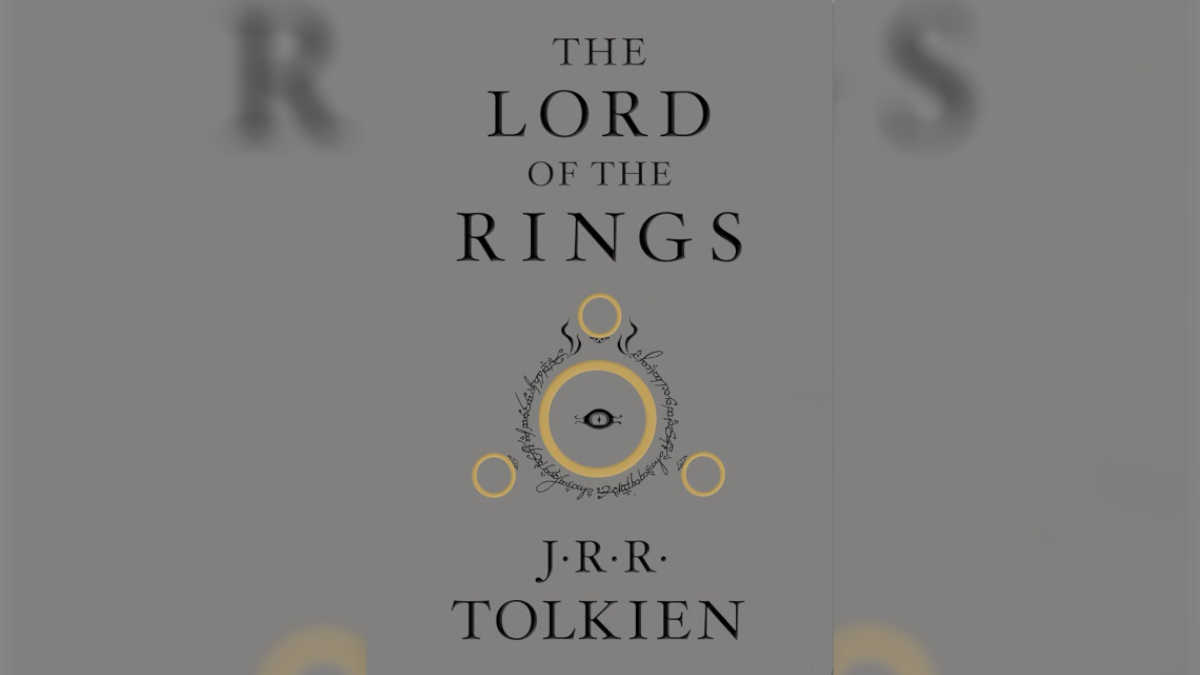 Image by Destructoid
Image by DestructoidThere is endless comfort to be found in the epic high fantasy world created and intricately woven by J.R.R. Tolkien, filled with Hobbits, Elves, Dragons, Dwarves, and far more besides. The setting itself is breathtaking, and the characters now live on in infamy, but there is more to learn from The Lord of the Rings than a love for all things fantasy.
There are tales of betrayal, the corruption of man, and the weight of responsibility and friendship. Thanks to the sheer number of interwoven lives that weave their way through the overarching story, there’s something for absolutely everyone to relate to, and that’s why everyone should read Tolkien’s magnum opus before they die.
While The Hobbit was originally aimed at children when it was released back in 1937 and is understandably less demanding of the mind, it is also worth reading for additional insight into the Hobbits and the world in which they thrive. Thanks to the less heavy content matter, it’s the perfect way to pass the world of Tolkien down to a new generation as well.
War and Peace by Leo Tolstoy
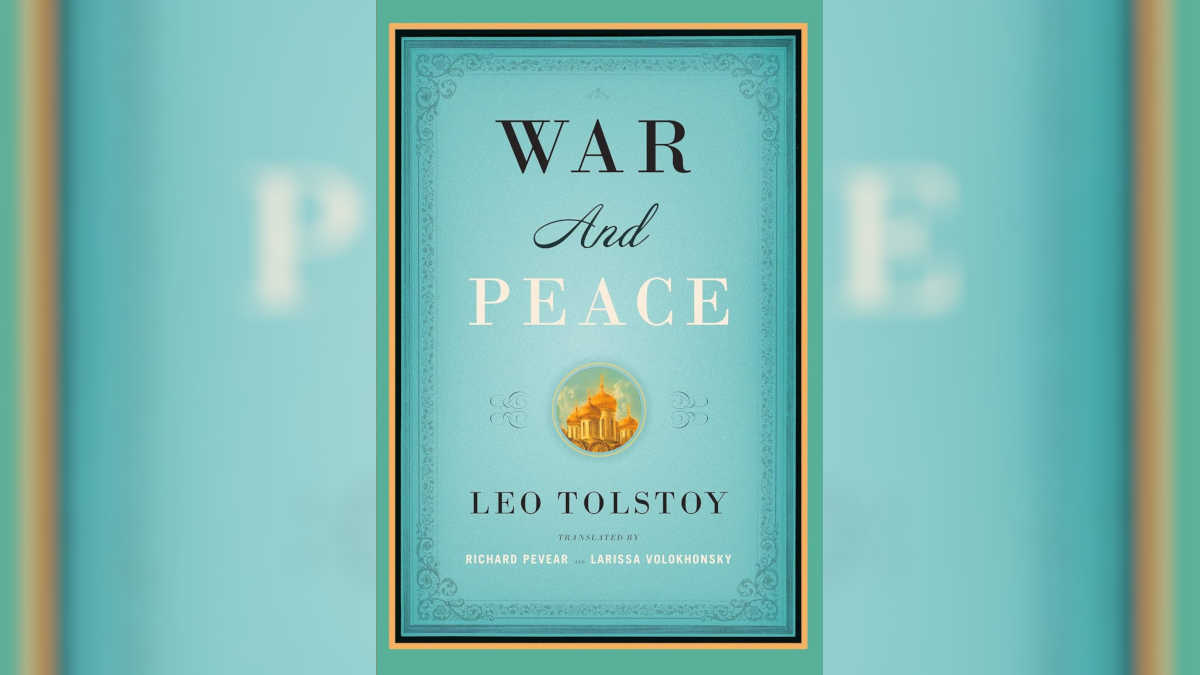 Image by Destructoid
Image by DestructoidThere’s something special about a book that can seamlessly combine both fact and fiction, and there is perhaps no better example of that talent than Leo Tolstoy’s War and Peace. Originally published as a complete book in 1869, it was originally serialized in The Russian Messenger under the title “The Year 1805”.
The book seeks to retell the stories of five aristocratic families during the French invasion of Russia during the Napoleonic era and the aftermath. Tolstoy combines intricately complex fictional chapters and philosophical discussions about historically accurate information that serve only to deepen the meaning behind the story.
Limiting this list to just 10 books is really difficult, and authors like Tolstoy make it almost impossible. The man himself never regarded War and Peace as a true novel, stating that his first was Anna Karenina, which also wholly deserves a place on your lifetime reading bucket list.
The Great Gatsby by F. Scott Fitzgerald
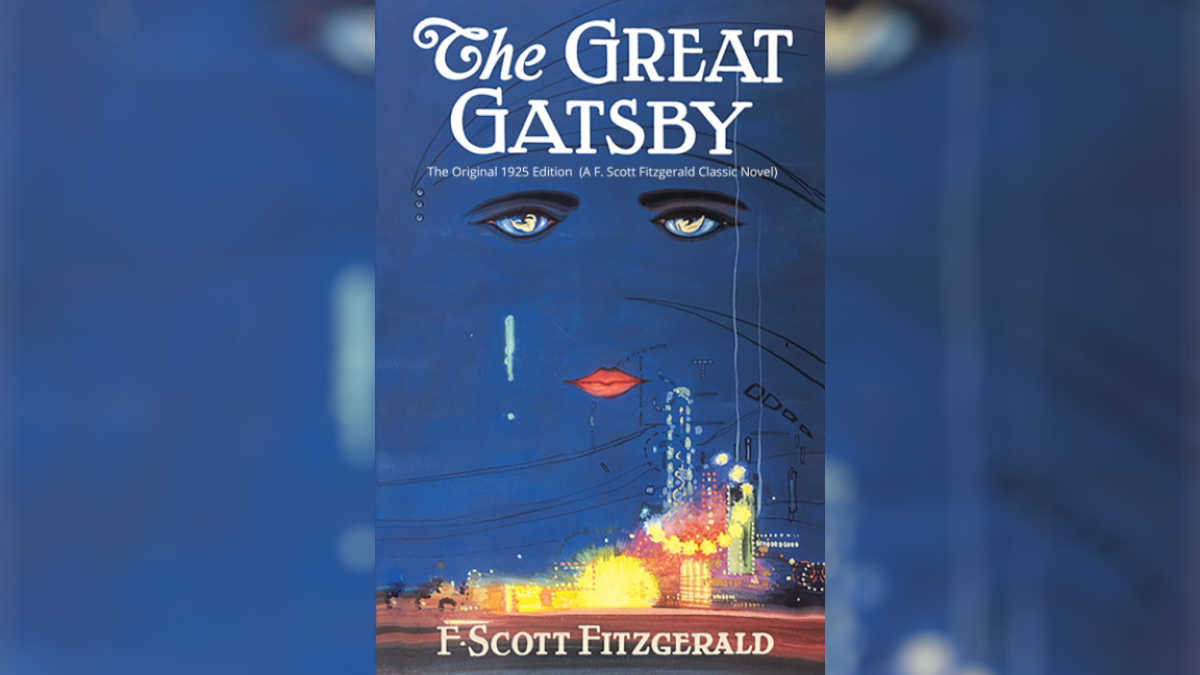 Image by Destructoid
Image by DestructoidOffering an illuminating glimpse into the world of Prohibition-era America, The Great Gatsby is a must-read for anyone. It acts to dissect the differences between different groups of people, particularly those who have inherited wealth and those who have worked to achieve it, as well as the class disparity between races and genders.
The American Dream seems to be a concept that has no fixed starting point, but The Great Gatsby challenges the very idea of its existence. It was inspired by events in his own life, namely his relationship with a Long Island socialite during 1922, and you can just tell that he has lived through some of the events that he translates into fiction.
During an interview in 1962, Fitzgerald explained that “The whole idea of Gatsby is the unfairness of a poor young man being unable to marry a girl with money. This theme comes up again and again because I lived it”.
Moby Dick by Herman Melville
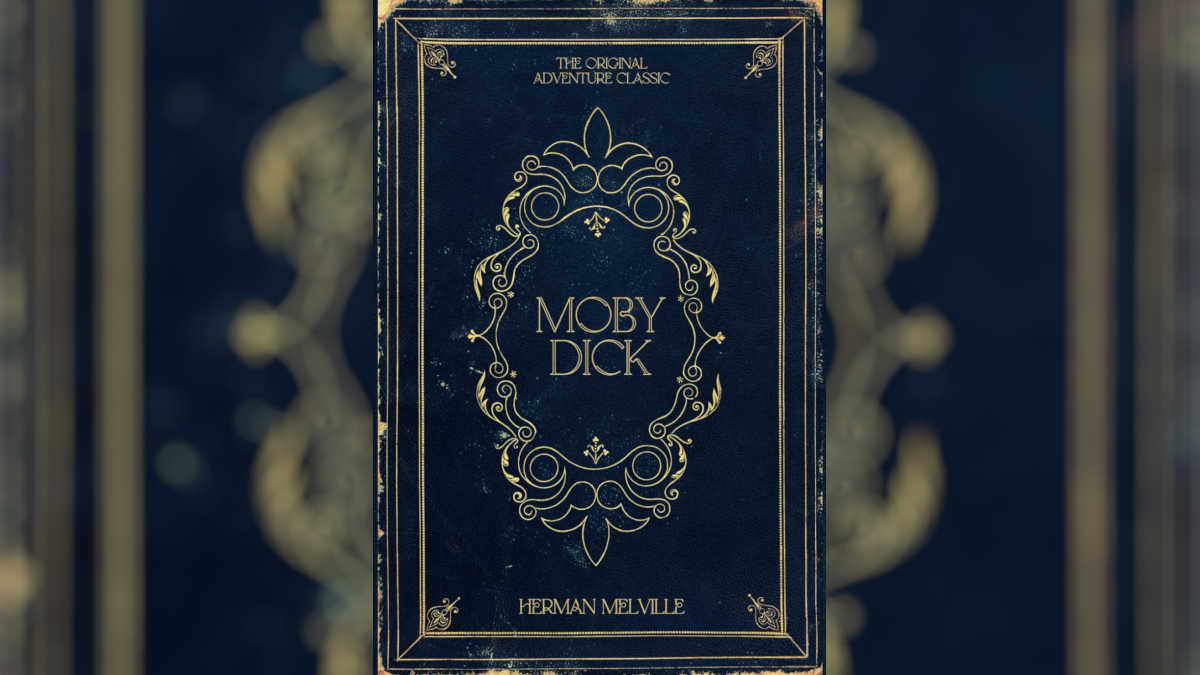 Image by Destructoid
Image by DestructoidOften described as both one of the strangest and yet most wonderful books of all time, Moby Dick is an absolute literary masterpiece regardless of which view you take. It opens with some of the most famous words of all time – “Call me Ishmael,” and is filled with interconnecting lessons for all to learn.
There are themes of good and evil, exploration of class structure and societal status, and even a deep dive into the existence of God, all woven into the story of Ahab and his relentless pursuit of revenge against a white whale who had taken his leg on a previous whaling expedition.
Melville took inspiration from his own experience aboard sailing ships in the 1840s, along with his own research using whaling literature. The dramatic ending is inspired by the sinking of the Whaleship Essex in 1820, and even if you find Moby Dick a bizarre experience, it is definitely worth the time it takes to read.
The Green Mile by Stephen King
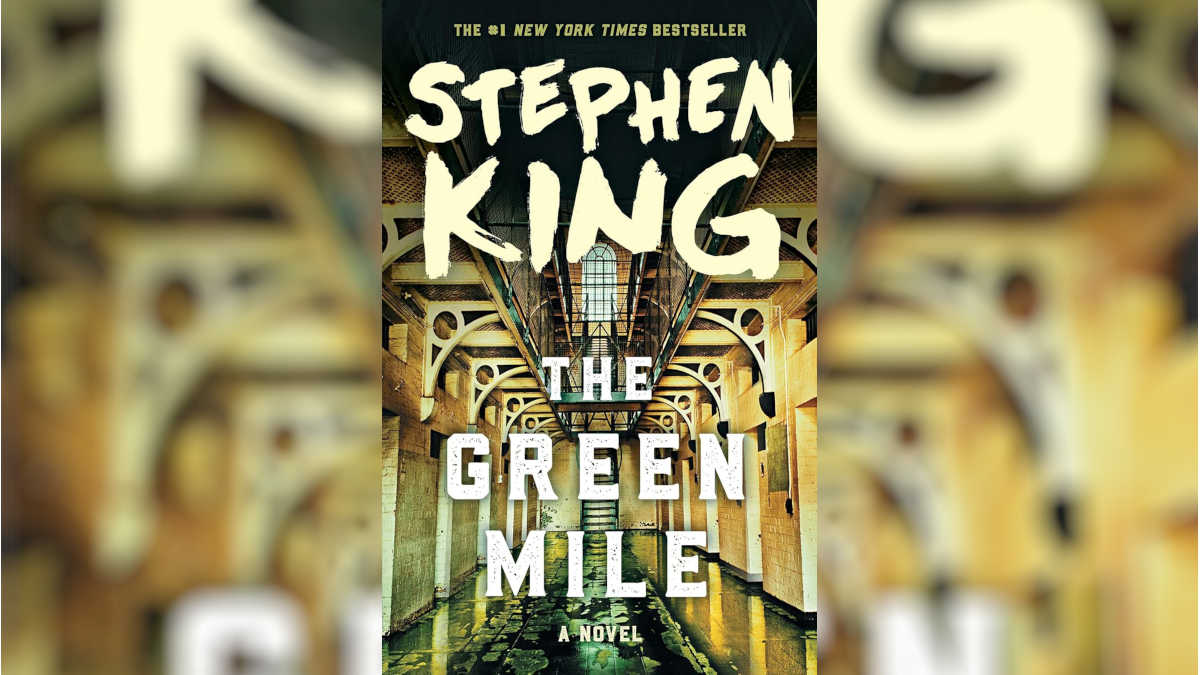 Image by Destructoid
Image by DestructoidStephen King may be known worldwide for his horror tales, but The Green Mile proves his ability to step outside of that genre and carve a truly harrowing tale based on the terror that can be put upon one human by another. It’s a harrowing read, and you’ll likely find yourself in tears during certain parts, but I will always recommend The Green Mile to anybody.
Published in 1996, The Green Mile is a story told from the perspective of Paul Edgecombe, block supervisor on death row at Cold Mountain Penitentiary. John Coffey, a black man who is convicted of the murder and rape of two young white girls, enters the story, and the story comes to center around him, and the question of his guilt and the strength needed by everyone involved to face his imminent death.
There are incredibly dark moments in The Green Mile, including the grossly mishandled execution of Delacroix and the sadistic nature of the man who carried it out. There’s also an element of the fantastical, with Coffey possessing healing abilities and even a dive into the power of forgiveness and the selfish choice to overlook somebody’s transgressions if what they can offer you will be beneficial.
Crime and Punishment by Fyodor Dostoevsky
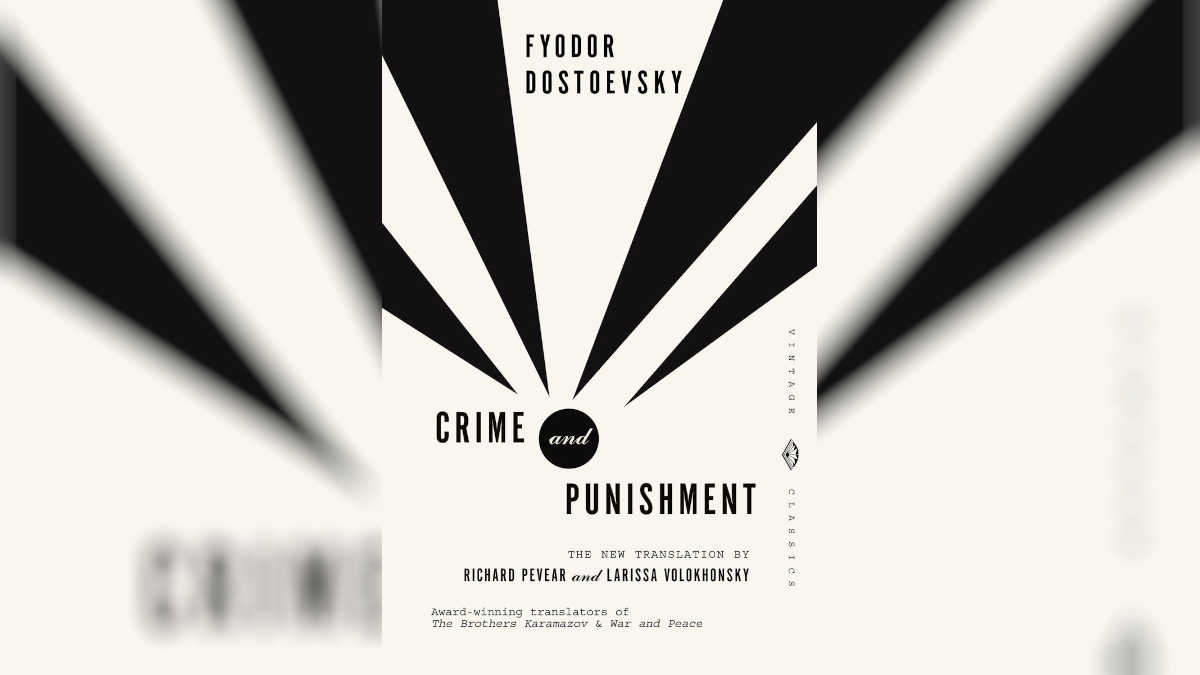 Image by Destructoid
Image by DestructoidLike War and Peace, Crime and Punishment was serialized in The Russian Messenger before it was published as a complete work in 1866. It focuses on the choice of one impoverished man named Rodion Raskolnikov, who makes the choice to murder a pawnbroker in an attempt to improve the lives of himself and everyone around him using the money he stands to gain.
However, after committing the act, he descends into a whirlwind of guilt and self-doubt, facing the consequences of his decisions and actions. He begins to question his own morality and becomes incredibly paranoid that he will be caught and punished for his crimes. In the end, it becomes too much, and he eventually confesses, but only after someone else has already done the same despite their innocence.
Crime and Punishment was penned by Dostoyevsky when he returned to Russia after a decade of exile in Siberia due to his reading of banned books and documents that denounced and criticized Russian politics at the time. As such, it’s easy to imagine that he drew heavy inspiration from his own exile when writing Crime and Punishment.
The Odyssey by Homer
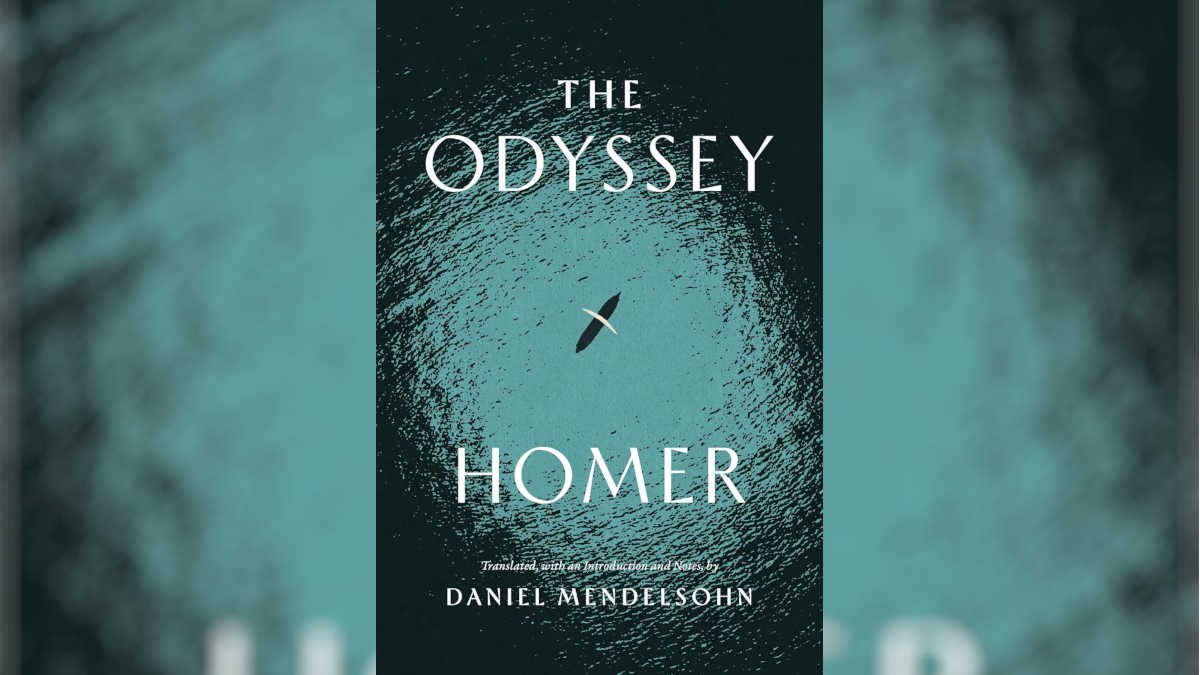 Image by Destructoid
Image by DestructoidEasily the oldest work of literature featured on this list, but no less deserving of its place on it, The Odyssey is attributed to Ancient Greek author Homer. It’s cited as one of the original sources of all ancient Greek literature and has shaped history for centuries.
Separated into 24 separate books (more akin to chapters than anything else), The Odyssey is a poem made up of 140,000 words spread over 12,109 lines. It follows the hero Odysseus, king of Ithaca, on his ten-year journey home after the events of the Trojan War. The journey was filled with trials that tested Odysseus to his limits long after he had been assumed dead.
The texts that make up The Odyssey are over 1,500 years old, and as such, they are sometimes a challenge to read, but the lessons and themes come through clearly even to this day. It will only take you a couple of hours to complete your reading of this epic tale, and you definitely should.
Great Expectations by Charles Dickens
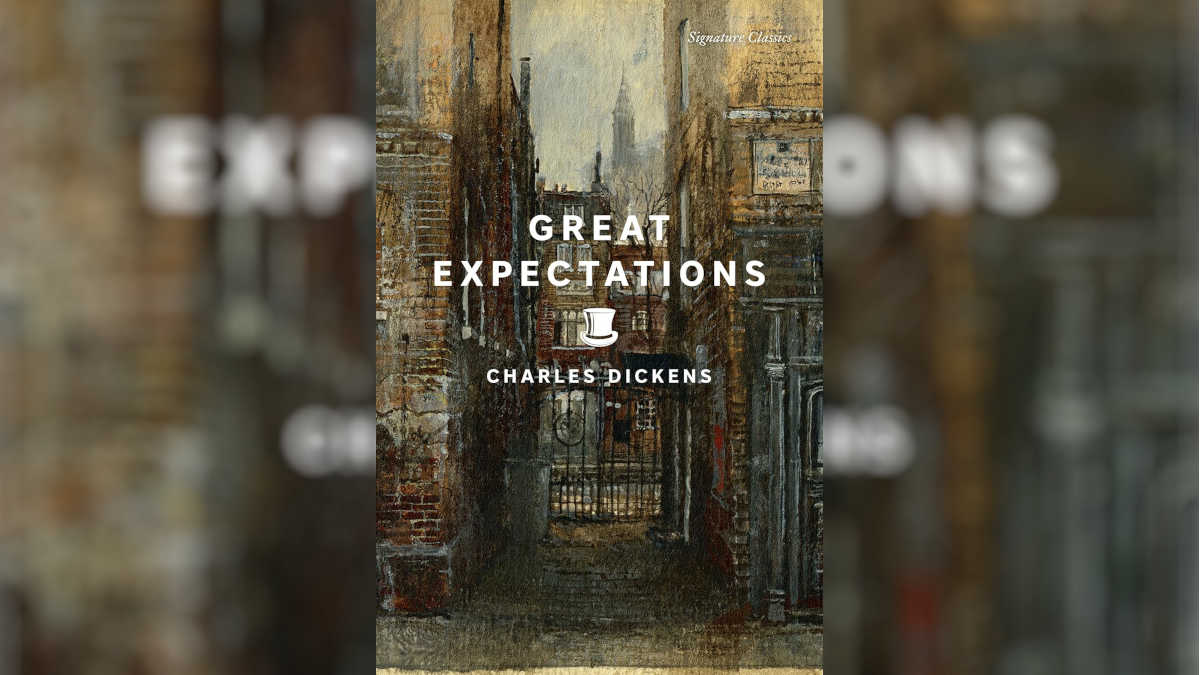 Image by Destructoid
Image by DestructoidPicking just one Charles Dickens tale to place on this list was a hard task, but ultimately, Great Expectations gets the honor thanks to its extreme imagery of the brutality of life in London during the mid-1800s. With harrowing fictionalization of everything from poverty and prison to fights to the death, Great Expectations is a stark reminder of how far we’ve come from those dark times.
Characters from Great Expectations are now widely known, even if those who refer to them don’t know quite where they originated, and the ever-present battle between the rich and the poor rages within the story penned by the literary genius Dickens. Pip’s first experience of London is an excellent example of the recently named “Paris Syndrome,” with the city realistically being litter-filled and dirty, far from what he imagined it to be.
Maybe there’s some bias here because, being a Brit, Great Expectations was on my required reading list during my school years, and I’ve been brought up surrounded by renditions of Dickens’ work, but Great Expectations (and any of Dickens’ other tales) are well worth reading while you have the chance.
The Divine Comedy by Dante Alighieri
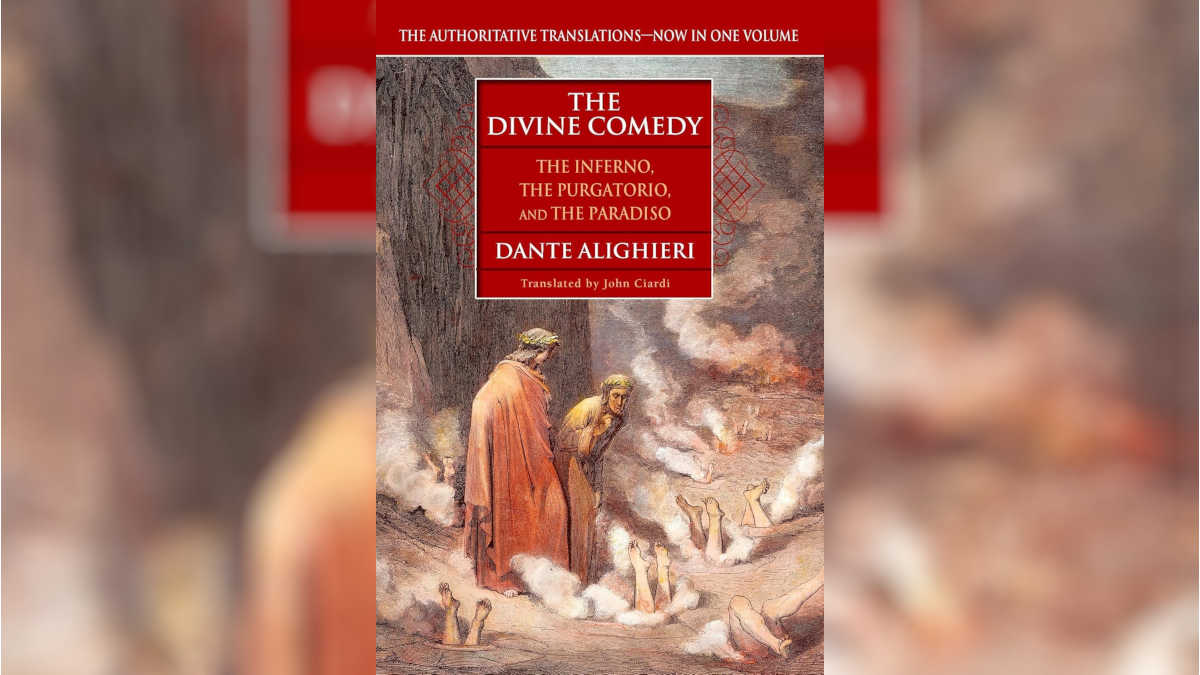 Image by Destructoid
Image by DestructoidOriginally written in Italian in around 1321, The Divine Comedy stands the test of time thanks to its themes that are ever present even in today’s society, long after the original author left his earthly body behind. The most famous of the poems included within The Divine Comedy is Dante’s Inferno, but the rest of the poems equally deserve to be included on your reading bucket list.
The poems take the reader through the nine circles of hell, each representing one or more sins such as gluttony, lust, or pride, then further to purgatory, and then on to the paradise of Heaven. Despite the heavily Christian themes found within, The Divine Comedy can be equally enjoyed by anyone regardless of their religious views or ideologies.
Structurally, the poems that make up The Divine Comedy are complex and can be difficult to read, especially if you’re trying to do it without full attention. But it’s worth setting aside that time to read through this epic tale made up of 14,233 lines of vivid, hellish imagery followed by a true depiction of imagined paradise.
Destructoid is supported by our audience. When you purchase through links on our site, we may earn a small affiliate commission. Learn more about our Affiliate Policy

 5 days ago
5
5 days ago
5
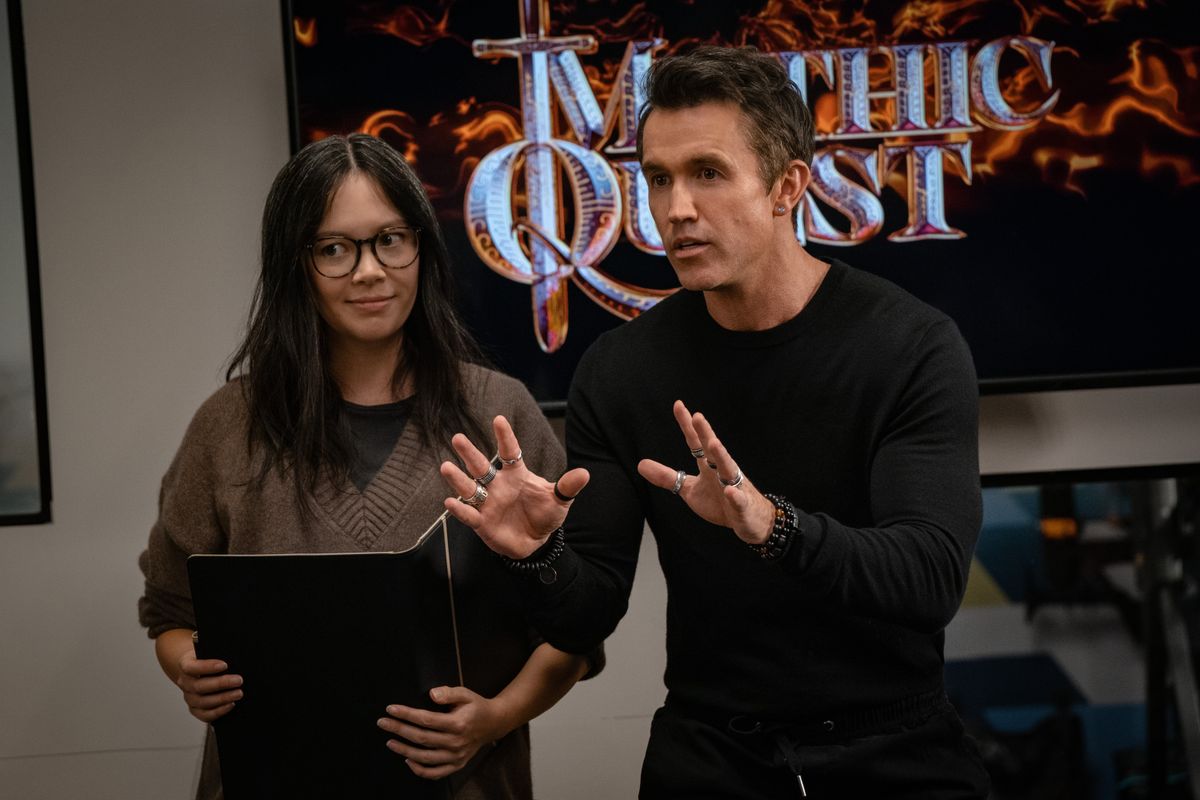

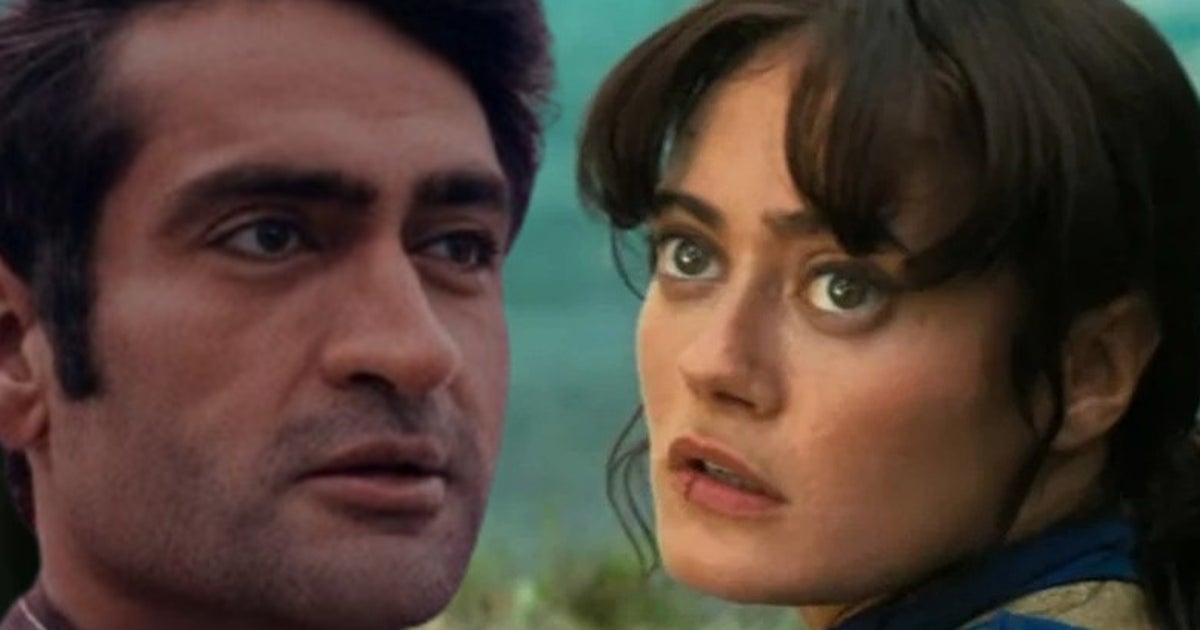





 English (US) ·
English (US) ·